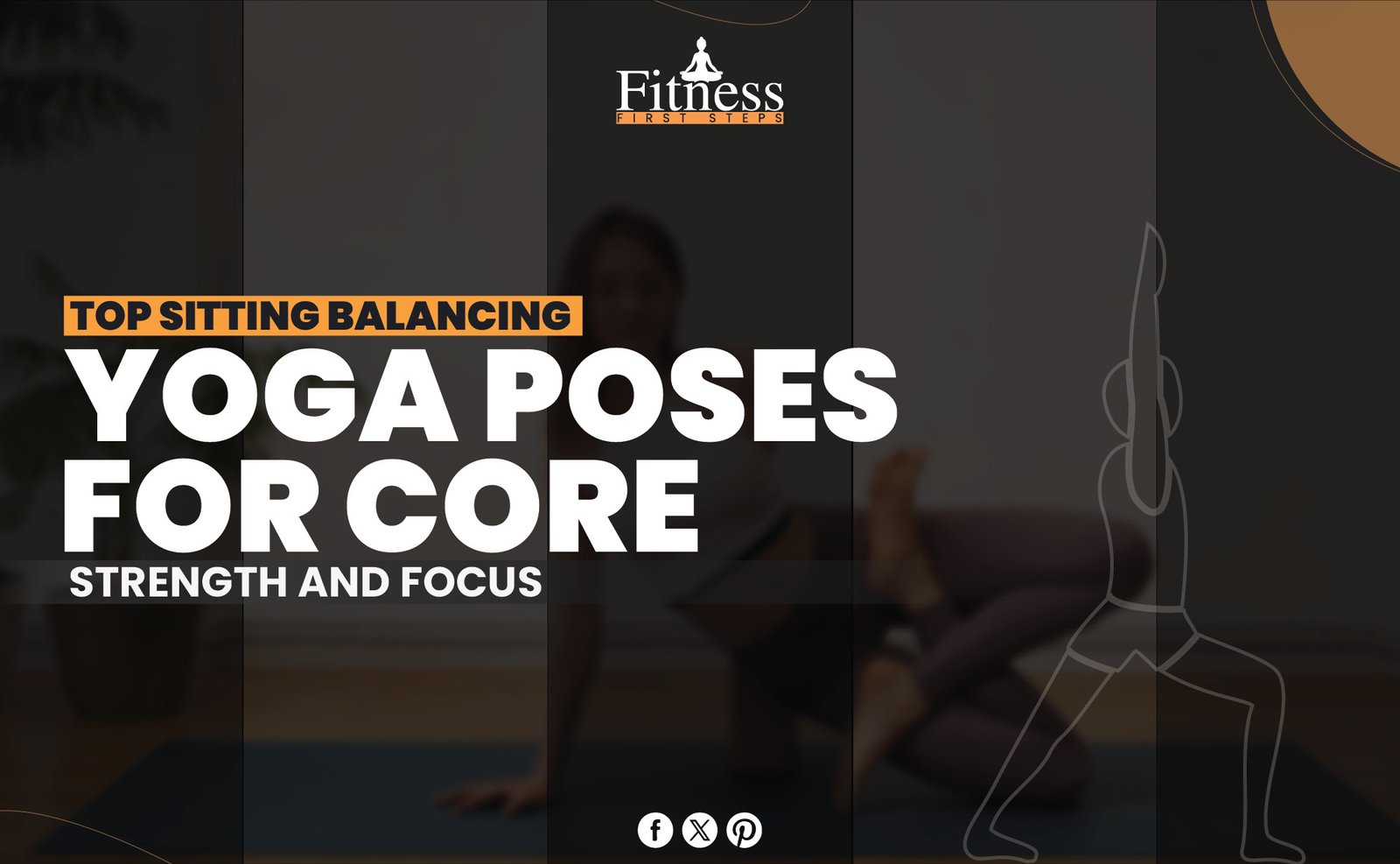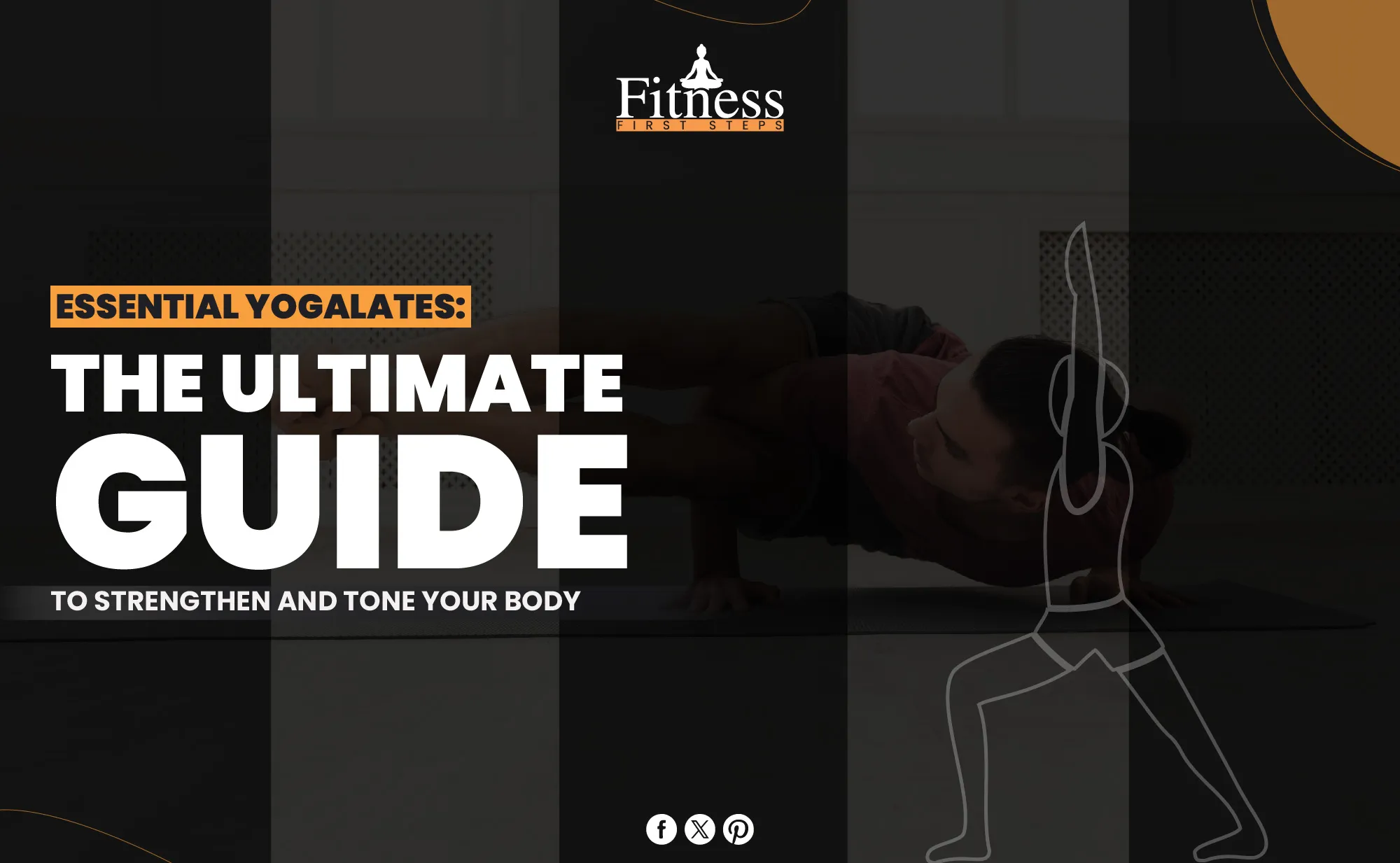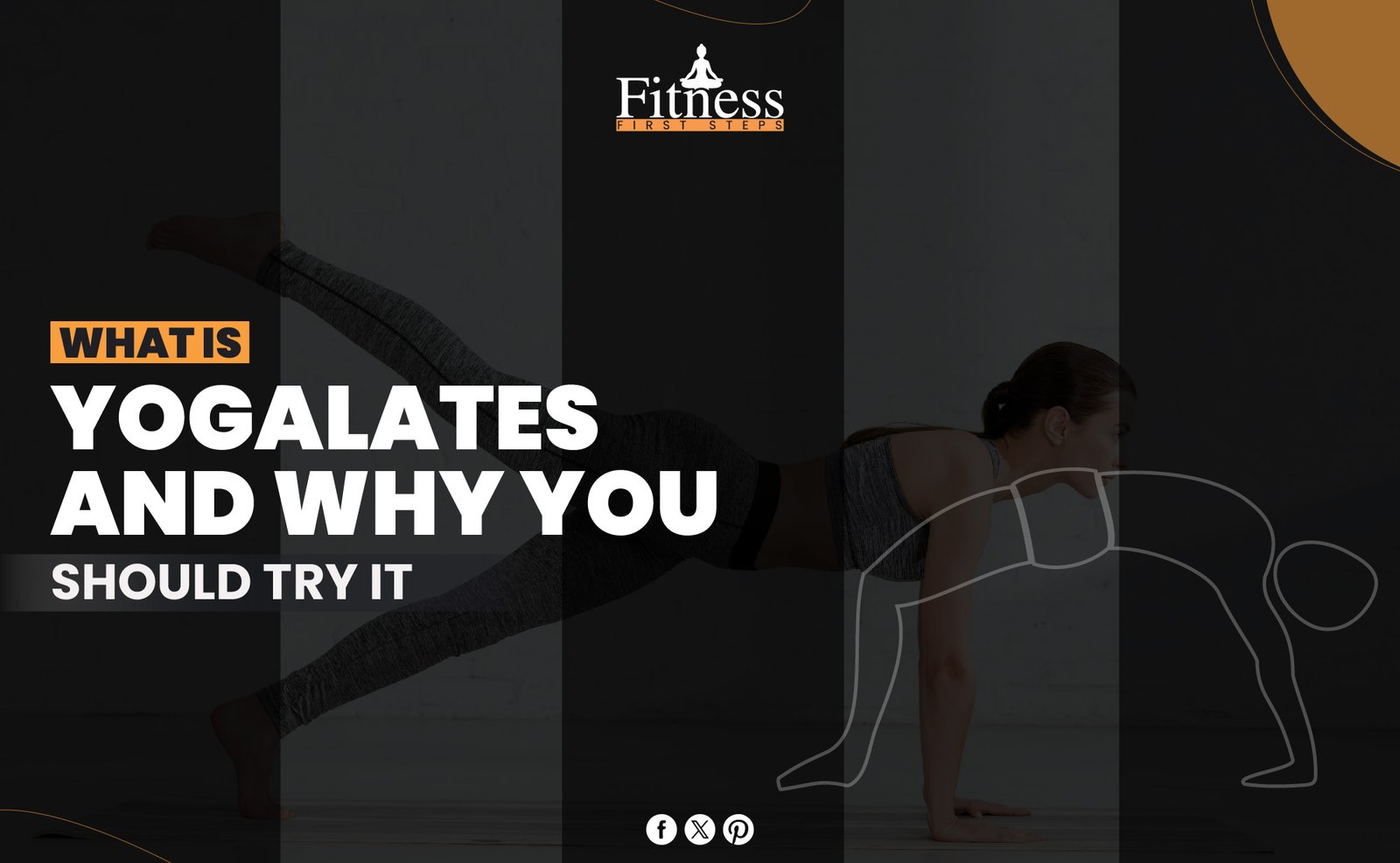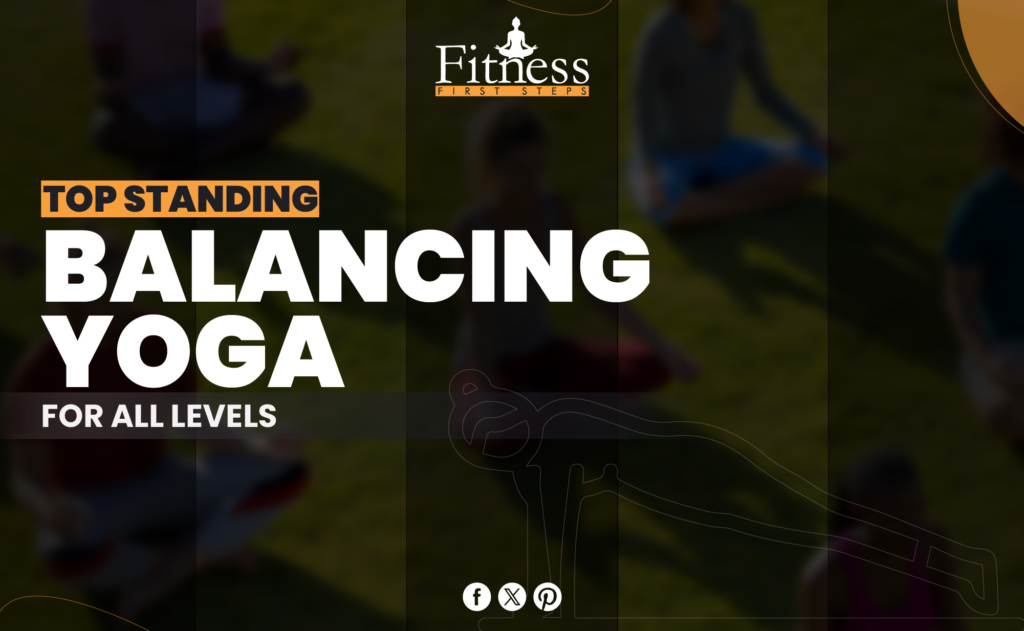Introduction
Ever wonder why yoga is becoming increasingly popular or how its many advantages affect millions of people worldwide? Yoga has been practiced for thousands of years and has many physical, mental, and spiritual benefits. However, did you know that different types of yoga studies programs allow you to dive deeper into this age-old practice?
Programs for yoga studies are instructional courses created to impart thorough information and valuable abilities in yoga. Numerous subjects are covered in these programs, including anatomy, teaching strategies, yoga philosophy, and more. Such workshops are priceless for anyone wishing to expand their knowledge of yoga for personal or professional development, especially in today’s health-conscious environment.
The purpose of this site is to educate readers about the different kinds of yoga studies programs that are out there. Knowing these choices will help you, regardless of experience level, select the best course for improving your yoga practice and knowledge.
What are Yoga Studies Programs?
Programs for studying yoga are organized academic courses intended to provide students with a comprehensive grasp of the discipline’s many facets. These courses span a wide range of topics and can be as short-term seminars or as long as degree courses.
- Philosophy: Examining the spiritual teachings and antiquated books that serve as the basis for yoga.
- Anatomy: Knowledge of the human body and how various systems are impacted by yoga poses.
- Teaching Strategies: Acquiring the skills necessary to guide and motivate students in their yoga practice.
- Practical Training: Getting practical training involves practicing and instructing yoga poses on real people.
Significance:
Participating in yoga studies courses has several advantages, such as:
- Personal Development: Gaining a deeper comprehension of yoga can result in a substantial shift in your identity and a stronger bond with your practice.
- Opportunities for employment Advancement: These programs provide access to various employment pathways, including certification as a yoga instructor, wellness coach, or therapist.
- Health Benefits: Disciplined learning can improve your mental and physical health.
- Building Community: Enrolling in a yogic studies program allows you to meet people who share your interests, which promotes a sense of support and community.
Yoga Studies Program Types
Programs for studying yoga are offered in a variety of styles to accommodate varying degrees of interest and dedication. The four primary categories that we will discuss here are online programs, degree programs, diploma programs, and certificate programs.
Programs for Certificates
Certificate programs are designed as short-term courses concentrating on particular facets of yoga. They are perfect for people who don’t want to commit to a long course but still want to learn something useful quickly.
The average length of these programs is a few weeks to a few months.
Target Audience: Novices, enthusiasts, or anybody wishing to obtain a teaching or personal enrichment certification swiftly.
Examples:
- 200-Hour Teacher Training: An introductory course covering anatomy, philosophy, teaching methods, and fundamental yoga postures.
- Workshops with a specialty: concentrated talks on certain subjects like therapeutic yoga, pregnant yoga, or yoga for athletes.
Programs for Diplomas
Compared to certificate programs, diploma programs provide a more thorough study of yoga. They explore yoga’s theoretical and practical facets in greater detail.
These programs typically run for a few months to a year.
Target Audience: Intermediate practitioners and aspiring yoga instructors who want to improve their knowledge and abilities.
Examples:
- 500-Hour Teacher Training: Expanding upon the 200-hour program, this advanced course covers advanced anatomy, more complicated postures, and comprehensive teaching techniques.
- Advanced Teaching Methodologies: Courses created to help seasoned teachers improve their instruction ability.
Programs for Degrees
Courses that lead to a degree are provided by colleges or universities. They offer a comprehensive theoretical and applied knowledge of yoga.
- Duration: These programs usually last between two and four years.
- Target Audience: People who are interested in studying yoga in-depth and thoroughly, frequently with an emphasis on both practice and research.
Examples:
A bachelor’s degree in yoga studies is an undergraduate curriculum covering anatomy, philosophy, and teaching techniques, among other subjects.
Yoga-focused Master’s Degree in Integrative Health: This postgraduate program strongly emphasizes incorporating yoga into wellness and health regimens.
Virtual Courses
Description: A larger audience can now study yoga because online programs provide flexible and distant learning choices.
Duration: Can range from planned classes to self-paced courses.
Target Audience: People who have busy lives, cannot attend in-person classes, or would rather learn online since it’s more convenient.
Examples:
- Online Teacher Training: Extensive courses covering every facet of teaching yoga are offered virtually via online platforms.
- Virtual Workshops and Seminars: Online seminars and workshops covering particular subjects that enable concentrated learning from home.
Programs for Specialized Yoga Studies
Specialized yoga studies programs are available in addition to the standard program options, tailored to meet individual requirements and interests.
Programs for Therapeutic Yoga
- Focus: By fusing traditional yoga methods with cutting-edge therapeutic approaches, these programs strongly emphasize practicing yoga for health and healing.
- Target Audience: Therapists, medical professionals, and those seeking to employ yoga as a supplemental therapy for particular health issues.
Examples:
- Certification in Yoga Therapy: Instruction in using yoga to treat a range of medical ailments, including mental health disorders, chronic pain, and rehabilitation.
- Integrative Yoga Therapy: Programs that combine yoga with additional therapeutic techniques such as physical therapy, psychotherapy, and Ayurveda are known as integrative yoga therapy.
The Philosophy and History of Yoga
- Focus: These courses offer a thorough grasp of the origins and development of yoga by delving into the philosophical and historical facets of the practice.
- Target Audience: Academics, researchers, and yoga aficionados who are curious about the philosophical and spiritual aspects of the practice are the target audience.
Examples:
- Yoga Sutras and Bhagavad Gita Studies: Examples include studies of the ancient yogic texts, such as the Yoga Sutras and the Bhagavad Gita, and their interpretations.
- Yoga History: A look at how the forms and customs of yoga have evolved over millennia.
Yoga for Particular Groups of People
- Emphasis: Programs specifically created to meet the requirements of certain demographic groups.
- Target Audience: Yoga instructors and practitioners who want to focus on instructing particular groups of people, such as youngsters, athletes, or the elderly.
Examples:
- Yoga for Seniors: Classes emphasizing safety and accessibility while concentrating on mild yoga techniques appropriate for senior citizens.
- Children’s Yoga Certification: Instruction in engaging and instructing yoga to young students using engaging and interactive techniques.
- Yoga for Athletes: specialized programs that use focused yoga poses to improve athletic performance and recuperation.
How to Select the Appropriate Program
The best yoga studies program to choose depends on a number of things. Here is a guide to assist you in making a wise choice:
Things to Take Into Account:
- Individual Objectives: Specify your goals and objectives. Do you want to teach yoga, develop your practice, or attend school?
- Content of the Program: Ensure the program includes interesting subjects. Seek for extensive curricula that correspond with your objectives.
- Certification: Verify whether the program is approved by respectable yoga associations like the International Association of Yoga Therapists (IAYT) or Yoga Alliance.
- Teachers: Find out about the credentials and background of the teachers. Skilled and knowledgeable instructors can greatly improve your educational experience.
- Format and Flexibility: Take into account your preferred learning method and schedule. Select if you would rather take classes in person or online, and find out if the program offers flexible scheduling.
Advantages of Signing Up for Yoga Studies Courses
Enrolling in yoga studies programs has many advantages that can improve your personal, professional, and mental health.
Benefits to the body:
- Enhanced Flexibility: Consistent practice helps you become more flexible and less stiff.
- Enhanced Strength: Yoga increases muscular strength, which lowers the chance of injury and aids in maintaining good posture.
- General Health: Doing yoga exercises strengthens the immune system, cardiovascular health, and respiratory health.
Advantages for the Mind:
- Enhanced Mindfulness: Yoga promotes a stronger mind-body connection, which increases present-moment awareness.
- Tension Reduction: Yoga reduces tension and fosters relaxation using meditation and deliberate breathing.
- Mental Clarity: Consistent practice helps enhance cognitive function, focus, and concentration.
Career Possibilities:
- Certified Yoga Instructor: Become a certified yoga instructor and assist people in achieving wellness.
- Wellness Coach: Help people achieve holistic wellness by combining yoga with other health-related activities.
- Therapist: Incorporate yoga into your physical and mental health therapies as an auxiliary therapy.
Personal Development:
- Deeper Understanding: Acquire a thorough understanding of yoga’s anatomy, philosophy, and teaching methods.
- Lifestyle Integration: Integrate yoga ideas into your everyday routine to support a happy and well-balanced way of living.
- Community Connection: Assist one another and flourish in a nurturing environment with like-minded people.
Conclusion
Programs for studying yoga encompass a wide range of subjects, including philosophy, anatomy, and teaching techniques. They are offered in several formats, from intensive courses to short-term certifications. These programs have several advantages, such as enhanced physical and mental health, professional prospects, and personal development.
Starting a yogic studies program has the potential to be a life-changing experience. These programs offer the information and abilities to improve your personal and professional life, whether your goal is to become a yoga instructor, develop your own practice, or study the complex philosophical underpinnings of yoga. Accept the trip and learn how studying yoga may significantly improve your life.
